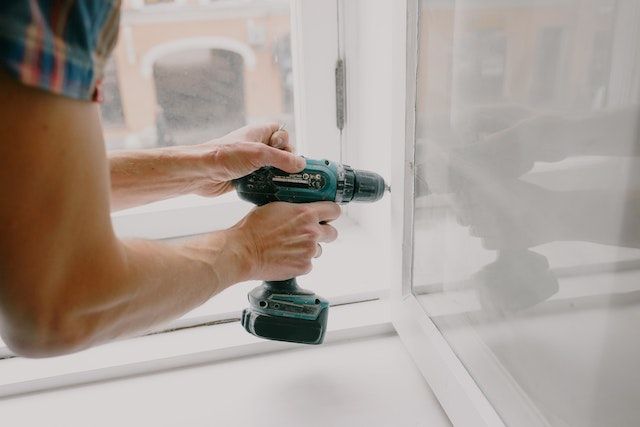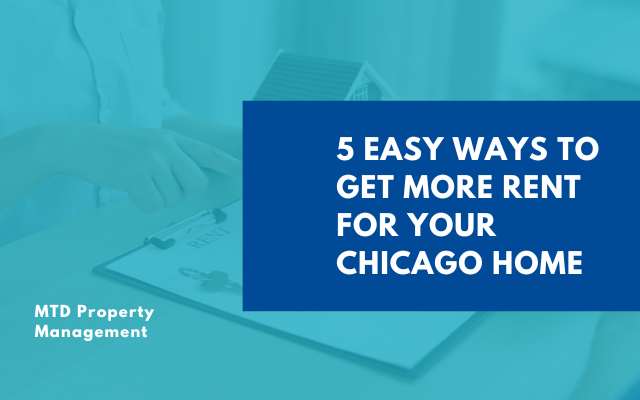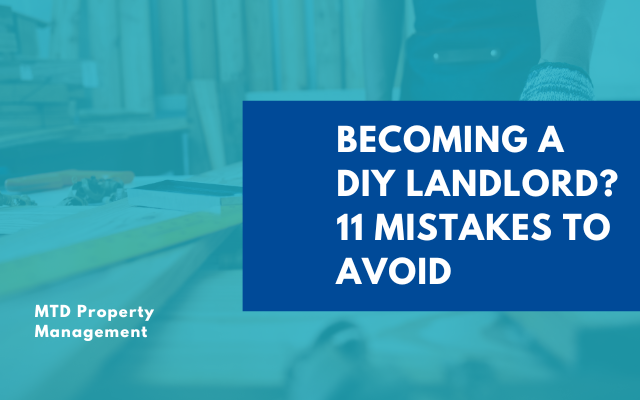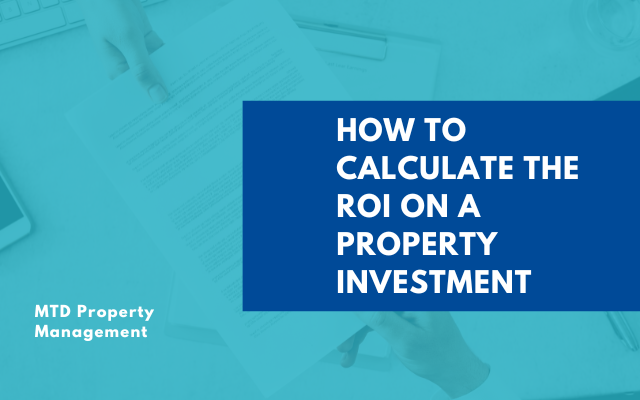
Managing a rental property can be overwhelming, but delaying tasks isn't the answer. Regular property inspections help prevent issues like tenant turnovers or expensive repairs.
Keep reading this article to review the following property inspection checklist. With this list, you can keep up with the essential things you must do.
Attend to Lease Renewals
For landlords renting out long-term properties, consider setting a lease agreement for a minimum term of one year. It's helpful to inform the renter about lease renewal approximately 90 days before it expires.
Notify the renter via email or letter about lease renewal paperwork. Consider arranging an in-person meeting. Ensure all new changes, such as rental price increases or updated policies, are included in the new rental agreement.
Keep up with the Current Rental Market Demand
Assigning a rental fee is a dynamic process. There are a lot of factors to consider given that the economy can be up or down or new infrastructure is being built. You also need to consider the growing number of competitors in your area.
Strive to stay close to the current rental rates in the industry so you can optimize your
property investment. Talk with different real estate agents, visit property sites online, and compare rental rates.

Make adjustments to maximize your rental income potential. If your rates are too low, you might miss out on a faster ROI. Consider annual increases based on market conditions and property location. Inform tenants about potential increases in their lease for transparency.
Check for Water Leaks Periodically
Leaks can result in more expenses. Your utility bills can also soar if a leak is left unattended. It can also lead to potential flood creating damage on your walls and floors. Landlords are recommended to schedule regular property maintenance.
If leaks are discovered, it is vital to arrange repairs to cut the water waste and repair costs quickly. Typically, leaks are often found near water heaters, faucets, air conditioning systems, appliances that are exposed to water, such as washing machines, dishwashers and humidifiers. It can also be seen from the ceiling due to a roof leak.
Schedule Time to Clean Your Gutters
If your yard has plenty of foliage, your gutters may become covered with leaves. It's important to schedule regular gutter cleanups, especially after storms or in the fall. Consider hiring a professional for this task.
Neglecting this can lead to rainwater being redirected, potentially causing leaks and damage. Landlords are generally responsible for exterior property maintenance not specified in the lease.

Inspect and Test Smoke and Carbon Monoxide Detectors
Ensuring the safety of your rental's residents is paramount. Test smoke and carbon monoxide detectors yearly, replacing batteries every six months. Schedule alarm tests to verify their functionality.
This proactive approach reduces safety risks and underscores landlords' responsibility to maintain habitable rentals, safeguarding tenants from fire hazards.
Reserve a Master Copy of the Rental Keys
It's important to have a functional key for accessing your tenant's unit during repairs and inspections. Make sure you have a key copy available. In emergencies, landlords can enter the rental without notice, so having a key is vital to prevent costly damage.
Avoid the hassle of hiring repair professionals and then spending time searching for a key or contacting the renter. During property inspections, check that the keys still fit, as some tenants may have changed the locks.
Keep an Updated Contact Information of Your Renters

Staying connected with your renters throughout their stay is key. During rental renewals, ask for updated contact details, including phone numbers, email addresses, and emergency contacts.
Regularly reach out to your renters via phone and email to ensure you can always get in touch, especially during emergencies.
Bottom line
The little things cited above are an excellent way of keeping your rental in tip-top shape and making your renters feel safe and happy. However, if you have no extra time to dedicate for these crucial landlord tasks, you can always engage the services of a third-party service provider.
If you are seeking the services of a committed property manager, contact
MTD Property Management today!









